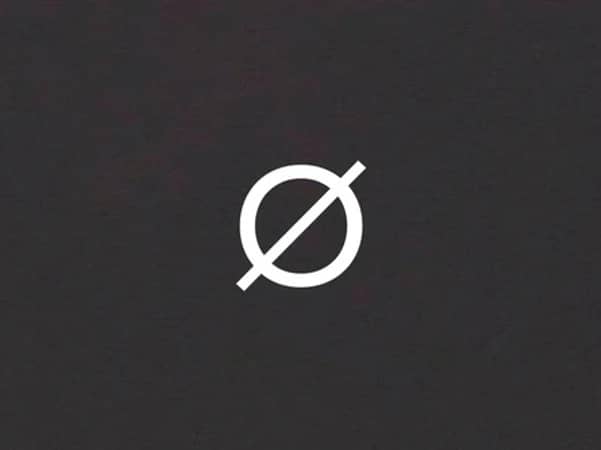Subscribe to wiki
Share wiki
Bookmark
Empty Set Dollar
The Agent Tokenization Platform (ATP):Build autonomous agents with the Agent Development Kit (ADK)
0%
Empty Set Dollar
Empty Set Dollar (ESD) is a decentralized elastic-supply stablecoin created by the Empty Set Squad. The ESD protocol expands on the pioneering work of Basis.io, aiming to solve core issues within their mechanics. To make the protocol work on Ethereum, the ESD anonymous team incorporated ideas from 0x Staking, Rho protocol, and builds on top of Uniswap V2 oracles. [1][5][6]
Overview
The dollar is a single-token protocol. Empty Set Dollar (ESD) acts both as the stabilized dollar and as the governance token for the protocol. To self-stabilize, the protocol uses voluntary supply expansions and contractions around a Time-Weighted Average Price (TWAP) oracle from the incentivized trading pool on Uniswap.
ESD price stability is based on an elastic supply model. To expand supply, new ESD tokens are minted and granted to bonded ESD holders or used to pay off protocol debt. When a contraction is necessary, ESD may be burned for a premium quantity of coupons, which can later be redeemed 1:1 for ESD when the supply once again extends. [1]
ESD protocol uses the coupon system, where the coupon is the method used to shrink the money supply. The protocol offers an incentive for users to voluntarily burn their ESD in return for a coupon that can be redeemed when the money supply grows again, to regain their ESD along with a bonus for having bought the debt.
The team continuously tests the system, as well as generally tries to de-risk the design of its core mechanism, however, ESD contracts are unaudited. [1][7][8]
Bootstrapping ESD
Empty Set Dollar was kickstarted on August 25, 2020, by calling the advance function and supplying into the liquidity pool. An article containing the information was published on Medium and Twitter for people to take part in this experimental coin. For the first 90 epochs (the length of time between adjustment to the money supply), the price of the Uniswap oracle was fixed at 1.10 USDC, meaning the supply would expand 10% every epoch. The epoch is set to be 8 hours. [2][9]
Uniswap Pool Liquidity
The Uniswap pool plays an important role in determining the price and thereby telling the protocol where to expand or contract in the next epoch. But, there needs to be sufficient liquidity in it for this to function properly otherwise it could be easily manipulated.
The protocol needs sufficient time and incentive for people to know about and provide liquidity in the pool. Thus 5% of the expansion supply was decided as the initial reward to the liquidity provider. This is experimental and subject to change based on DAO voting. The return on the LP pool is changing on basis of the liquidity locked. [3]
DAO Governance
The DAO is fully self-governing at launch. A new DAO implementation may be proposed at any time by any current stakeholder with at least 1% of the current DAO stake. Voters have 7 days to choose to either approve or reject the candidate's implementation. If a quorum of 33% is reached and more votes approve, then the new implementation may be committed. By allowing only full implementation upgrades, even for simple constant modifications, we ensure a lightweight governance process. [4][10]
See something wrong?
The Agent Tokenization Platform (ATP):Build autonomous agents with the Agent Development Kit (ADK)
